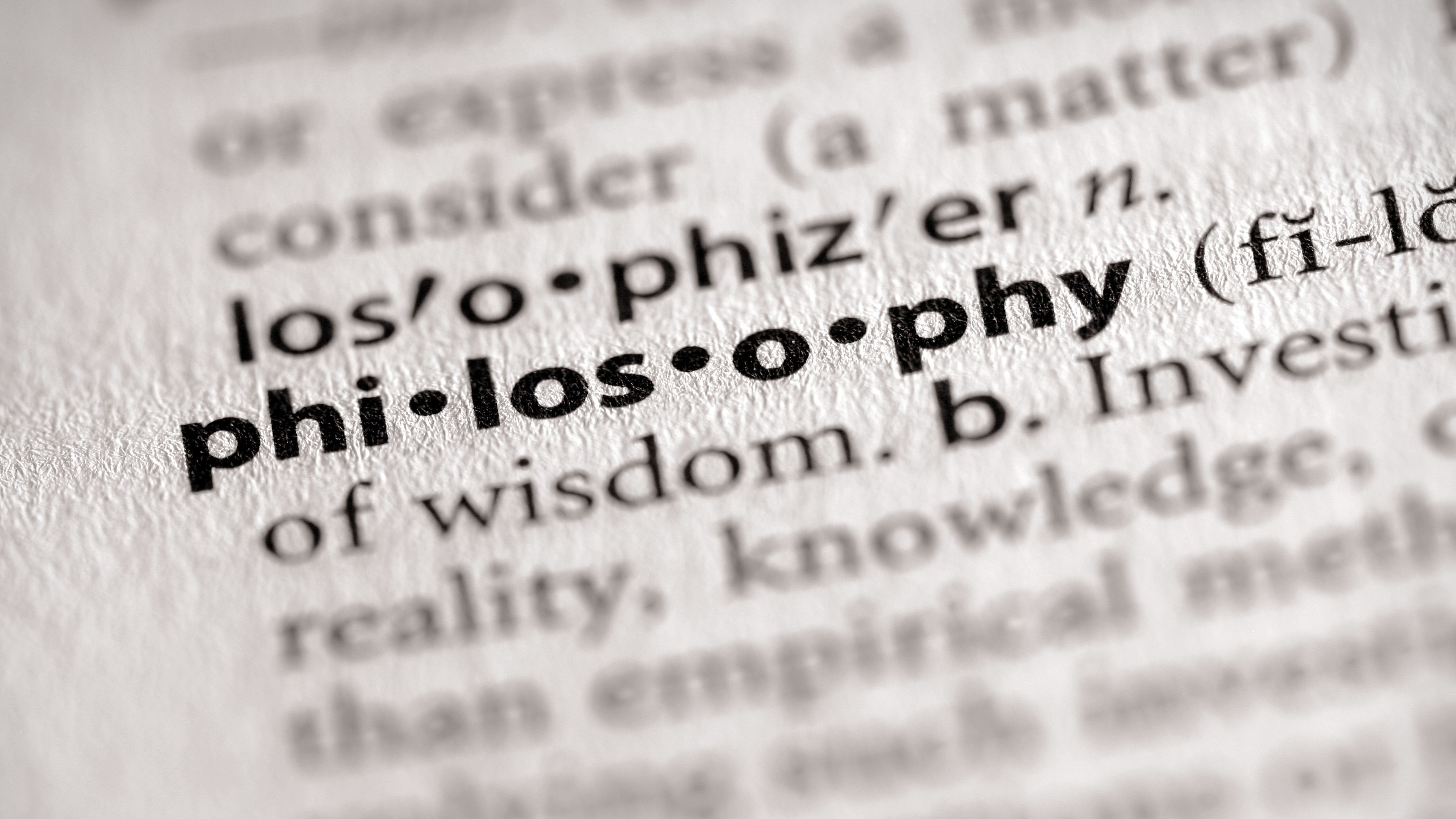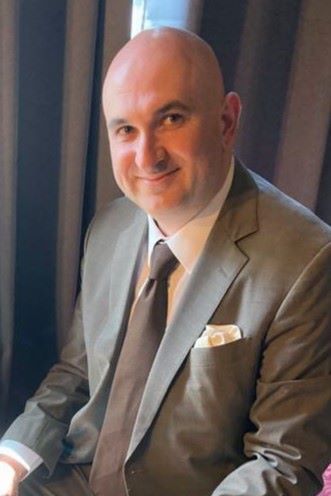Evidence of a Multiverse? Baylor Philosopher’s Article Among Top 10 Publications Recognized in Philosopher’s Annual

Contact: Randy Fiedler, Marketing and Communications, College of Arts & Sciences
WACO, Texas (Oct. 31, 2023) – Does a fine-tuned life provide evidence for a multiverse? A Baylor University philosophy professor’s co-authored article on the topic has been judged one of the best academic journal articles published in philosophy in 2022.
Yoaav Isaacs, Ph.D., associate professor of philosophy in Baylor’s College of Arts & Sciences, along with co-authors John Hawthorne, Ph.D., and Jeffrey Russell, Ph.D., of the University of Southern California, had their article – Multiple Universes and Self-Locating Evidence – selected as one of the Top 10 journal articles included in the 2022 Philosopher’s Annual. The article grew out of research Isaacs is conducting under a grant from the Templeton Foundation.
“The list of nominating editors for the Philosopher’s Annual is a veritable who’s who of our discipline,” said Todd Buras, Ph.D., chair and associate professor of philosophy. “Just to have an article nominated is, in itself, a tremendous recognition. For Dr. Isaacs to have his article selected for the publication – well, that is an exceedingly rare accomplishment.”
“Receiving this award was a profound and unexpected pleasure,” Isaacs said. “I am deeply grateful to my co-authors, John Hawthorne and Jeff Russell, who are each extraordinary philosophers. It is truly a privilege to collaborate with them.”
Buras said the journal article written by Isaacs and his co-authors deals with a central issue within the field of philosophy – the existence of God.
“Yoaav’s essay addresses some of the thorniest issues in the philosophical literature on a major argument for the existence of God – the fine-tuning argument,” Buras said. “It is therefore not only an impactful work of the highest standard, it is first-rate work on issues of central importance to Christian, and broadly theistic, philosophy. The work is a real credit to Baylor, the very sort of work the University aspires to contribute to the academy.”
The original article was published in The Philosophical Review on July 1, 2022.
“Is the fact that our universe contains fine-tuned life evidence that we live in a multiverse? [Ian] Hacking (1987) and [Roger] White (2000) influentially argue that it is not,” Isaacs and his co-authors wrote in their journal abstract. “We approach this question through a systematic framework for self-locating epistemology. As it turns out, leading approaches to self-locating evidence agree that the fact that our own universe contains fine-tuned life indeed confirms the existence of a multiverse (at least in a suitably idealized setting). This convergence is no accident: we present two theorems showing that, in this setting, any updating rule that satisfies a few reasonable conditions will have the same feature. The conclusion that fine-tuned life provides evidence for a multiverse is hard to escape.”
ABOUT BAYLOR UNIVERSITY
Baylor University is a private Christian University and a nationally ranked Research 1 institution. The University provides a vibrant campus community for more than 20,000 students by blending interdisciplinary research with an international reputation for educational excellence and a faculty commitment to teaching and scholarship. Chartered in 1845 by the Republic of Texas through the efforts of Baptist pioneers, Baylor is the oldest continually operating University in Texas. Located in Waco, Baylor welcomes students from all 50 states and more than 100 countries to study a broad range of degrees among its 12 nationally recognized academic divisions.
ABOUT THE COLLEGE OF ARTS & SCIENCES AT BAYLOR UNIVERSITY
The College of Arts & Sciences is Baylor University’s largest academic division, consisting of 25 academic departments in the sciences, humanities, fine arts and social sciences, as well as 11 academic centers and institutes. The more than 5,000 courses taught in the College span topics from art and theatre to religion, philosophy, sociology and the natural sciences. The College’s undergraduate Unified Core Curriculum, which routinely receives top grades in national assessments, emphasizes a liberal education characterized by critical thinking, communication, civic engagement and Christian commitment. Arts & Sciences faculty conduct research around the world, and research on the undergraduate and graduate level is prevalent throughout all disciplines. Visit the College of Arts & Sciences website.
